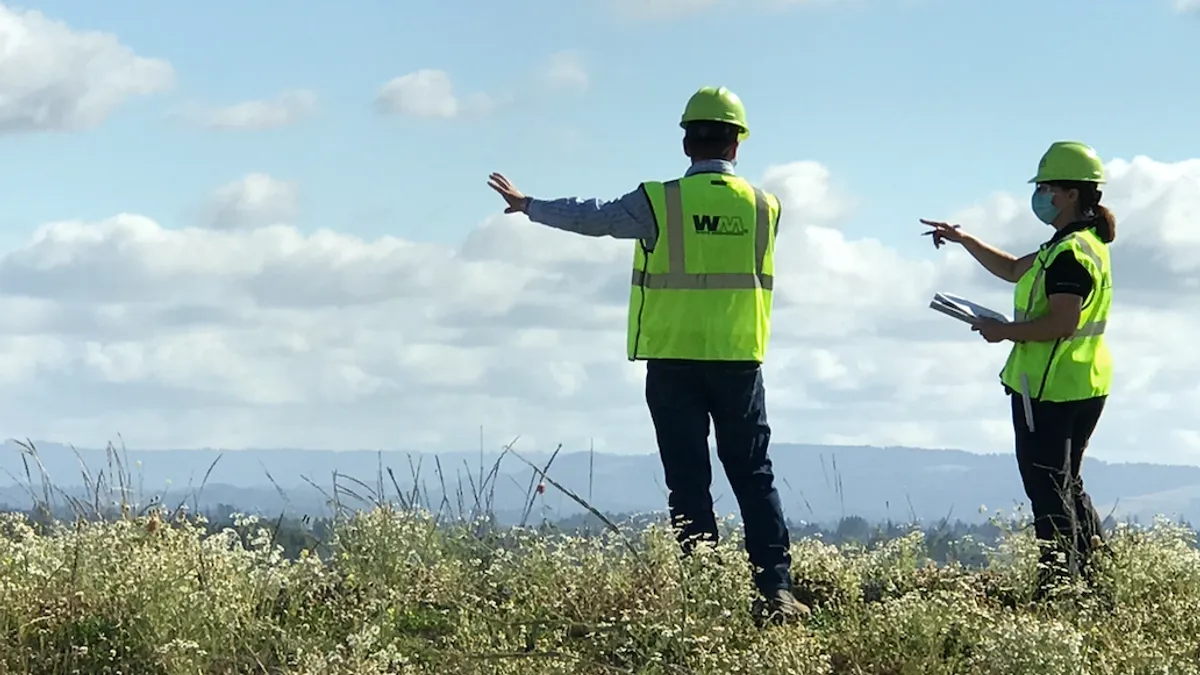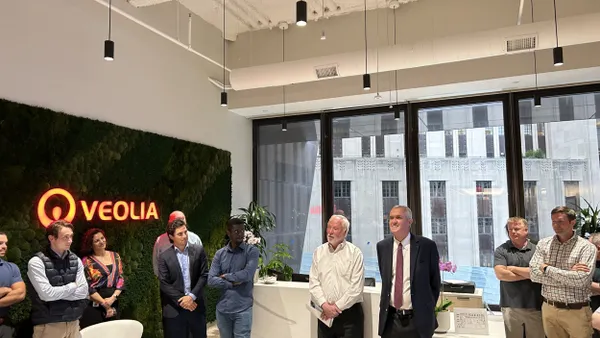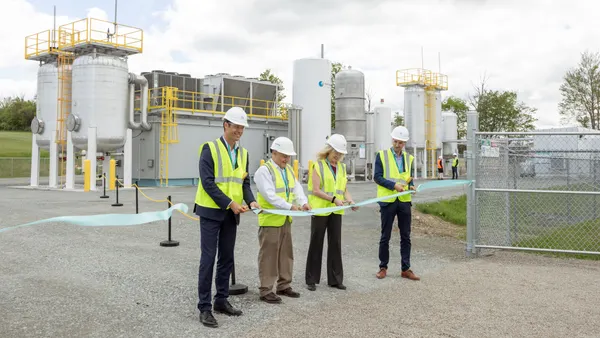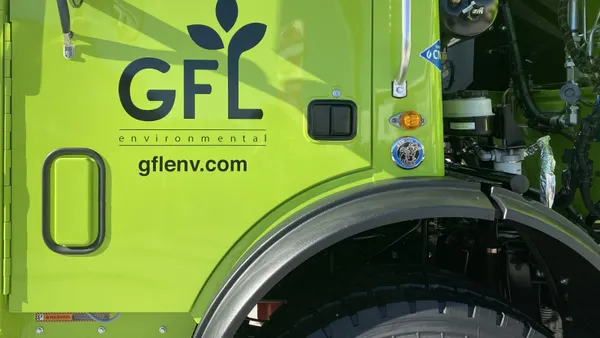- Economic outlook: WM CEO Jim Fish said during the company's Tuesday earnings call that increases in special waste and C&D volumes, new business formation and limited customer pushback on price increases were all "signs that the economy is trending positively" and the business was resilient in an inflationary environment.
- Supply chain: While logistics issues have affected deliveries of certain types of equipment, Chief Financial Officer Devina Rankin was confident that WM will hit its capital expenditure target for the year. During Q1, WM spent $371 million in this category, including $47 million for previously announced recycling and renewable natural gas projects. Chief Operating Officer John Morris said it's possible that delayed deliveries could keep older trucks in the fleet for a longer period of time, leading to higher maintenance expenses.
- Automation: As WM works toward cutting at least 5,000 positions through attrition in the coming years, Fish said an estimated 300 high-turnover customer service roles will not be filled as they open up this year. Instead, they will be automated — a move Fish said was successful in the airline industry, where he previously worked. The company will also reduce head count through automation at MRFs and on rear-load residential collection routes, which executives said can be 30% less efficient than automated side-load collection routes.
- ESG: WM reported $20 million in new revenue from national accounts, where Fish said customers are increasingly interested in the company's data and analytics offerings. Fish didn't rule out potentially charging separately for these services in the future, as more large companies are looking to better calculate their emissions ahead of a pending Securities and Exchange Commission proposal to require such reporting.
- M&A outlook: Fish largely sidestepped rumors of a potential Clean Harbors purchase in response to an analyst's question, but he said WM is mainly focused on its core business and related sustainability opportunities. Executives repeatedly said spending on ESG initiatives is just as profitable as M&A, and organic growth would be the main priority. “There are reasons today to be conservative when it comes to M&A," said Fish, referencing how some smaller haulers are struggling with labor, capital costs and sustainability expectations. "Those are reasons to not go out and pay a big, heavy multiple to acquire some of these folks.”

WM describes 'conservative' approach on M&A, sees strong Q1 price and volume trends
Executives at the industry's top company kicked off earnings season with updates on efforts to offset inflation, reduce head count through automation and focus more on ESG investments than on big M&A.

Recommended Reading
- Waste Management planning $1.6B in ESG investments, says automation and attrition could phase out upward of 7,000 jobs By Cole Rosengren • Feb. 2, 2022
- Q1 earnings results for major waste and recycling companies By The Waste Dive Team • Updated May 6, 2022
- 2021 earnings coverage for US waste and recycling companies By Waste Dive Team • Updated Feb. 18, 2022









